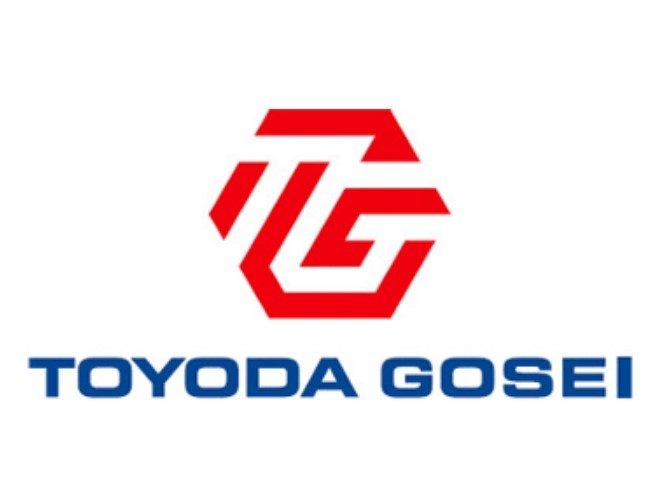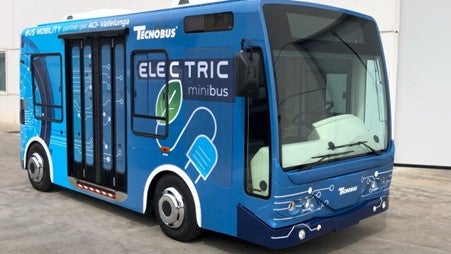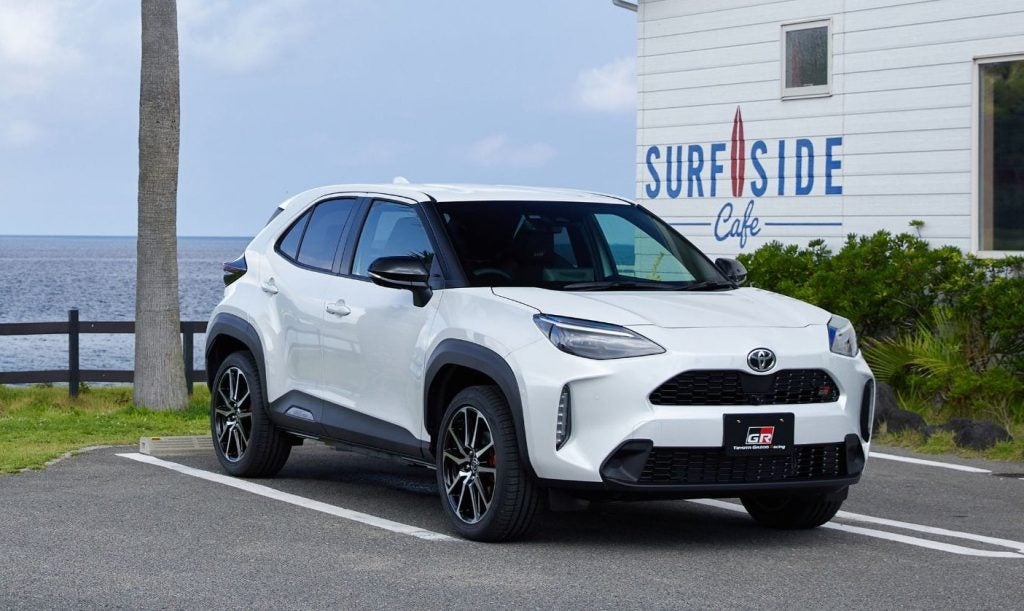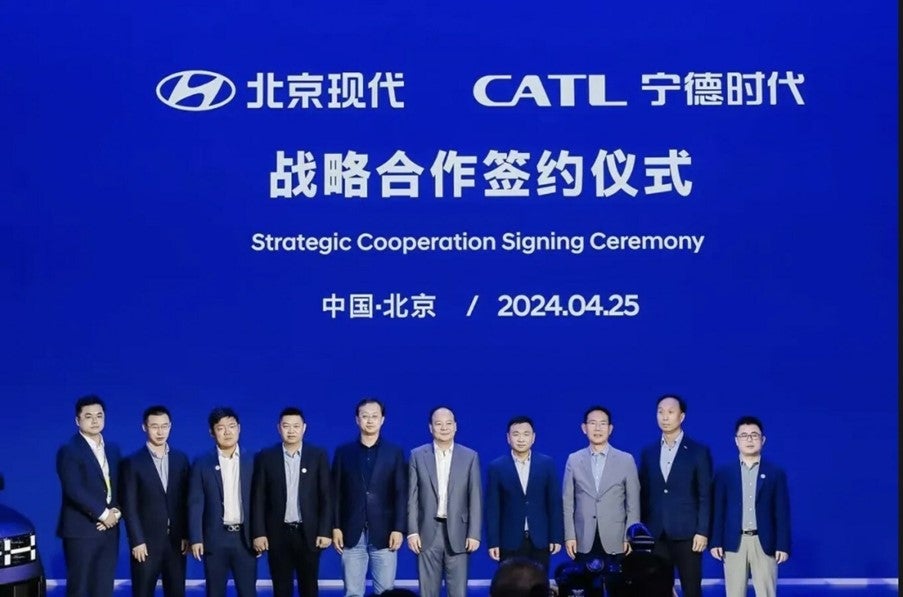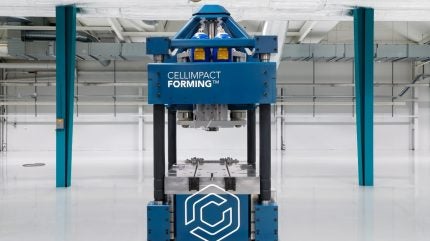
Cell Impact has entered into a main agreement with Japanese auto supplier FCC which governs the continued collaboration between the two companies to secure fuel cell flow plates business – primarily in Japan, India, and China.
The main agreement leverages the strengths of both firms, outlining their respective responsibilities in various phases of upcoming deals, the companies say.
Daniel Vallin, interim CEO of Sweden-based Cell Impact said: ” We are pleased to collaborate with a successful manufacturer that has such a well-established network of contacts, especially in Japan, India, and China, where there is demand for flow plates initially for fuel cells. The agreement strengthens our position vis-à-vis world-leading players in the automotive industry.”
FCC is a globally established supplier to the automotive industry.
The collaboration between FCC and Cell Impact has evolved gradually since August 2022 when the companies jointly decided to install a demonstration line on-site in Hamamatsu, Japan.
How well do you really know your competitors?
Access the most comprehensive Company Profiles on the market, powered by GlobalData. Save hours of research. Gain competitive edge.

Thank you!
Your download email will arrive shortly
Not ready to buy yet? Download a free sample
We are confident about the unique quality of our Company Profiles. However, we want you to make the most beneficial decision for your business, so we offer a free sample that you can download by submitting the below form
By GlobalDataThe purpose was to demonstrate the efficiency of Cell Impact’s patented forming technology for potential customers in Japan and other parts of Asia.
Earlier this week, Cell Impact announced a leasing agreement that will allow the company, together with FCC to continue demonstrating Cell Impact Forming to customers and other stakeholders in the automotive industry.
Cell Impact AB is a global supplier of advanced flow plates to fuel cell and electrolyzer manufacturers. The company has developed and patented a method for high velocity forming, Cell Impact Forming, which it says is significantly more scalable and cost-efficient compared to conventional forming methods.



